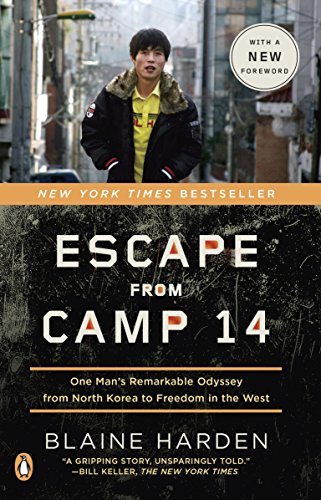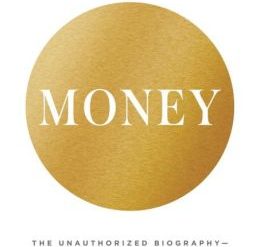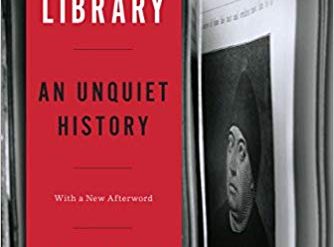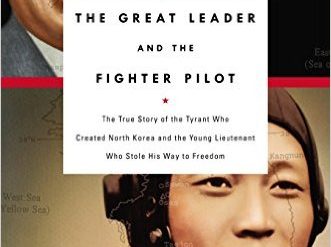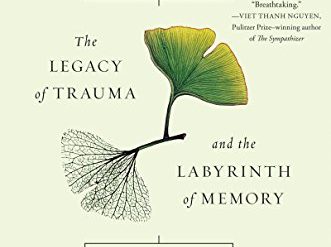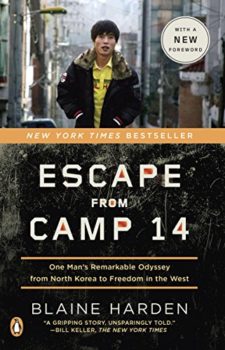
Americans’ sources of knowledge about life in North Korea are limited to journalistic accounts of the diplomatic antics of the ruling Kim dynasty, which reveal practically nothing, and a tiny number of credible and highly readable books written by Westerners with rare access to the facts. In recent years, two stand out: Nothing to Envy, by Barbara Demick, and, amazingly, a novel, The Orphan Master’s Son, by Adam Johnson. With Escape from Camp 14, veteran reporter Blaine Harden has contributed the latest of these reports, and in many ways the most revealing.
Escape from Camp 14 chronicles the life of Shin Dong-hyuk, one of only three people ever known to have escaped from a North Korean labor camp and made it to the West. Shin was born in the camp, his mother “assigned” to his father by guards to bear children. Both were prisoners. A superficial reading of Shin’s story might suggest that he is a monster. Reading the book will help you understand how he could commit unforgivable acts as natural and necessary steps in a ferocious day-to-day struggle for survival. “His context had been twenty-three years in an open-air cage run by men who hanged his mother, shot his brother, crippled his father, murdered pregnant women, beat children to death, taught him to betray his family, and tortured him over a fire.”
Escape from Camp 14: One Man’s Remarkable Odyssey from North Korea to Freedom in the West by Blaine Harden (2012) 210 pages ★★★★★
As one of Harden’s North Korean expatriate sources explained, “‘guards were free to indulge their appetites and eccectricities, often preying on attractive young women prisoners, who would usually consent to sex for better treatment. ‘If this resulted in babies, women and their babies were killed,’ [the source] said, noting that he had personally seen newborns clubbed to death with iron rods.”
When Shin fled Camp 14, it was not a vision of freedom that gave him the extraordinary courage required. It was thoughts of grilled meat. To understand this extraordinary statement, you’ll have to read the book.
Blaine Harden appeared recently in San Francisco at the World Affairs Council of Northern California in a conversation with Philip Yun, Executive Director of the Ploughshares Fund, a former U.S. diplomat who is Korean-American and has studied the peninsula for many years. Harden’s soft-spoken, sometimes light-hearted presentation underlined the surreal quality of Shin’s experiences inside the North Korean gulag. Responding to Yun’s questions, Harden spoke at some length about the many steps he had taken to verify Shin’s story.
The North Korean Gulag has lasted 12 times longer than the Nazi concentration camps
As Harden relates, “North Korea’s labor camps have now existed twice as long as the Soviet Gulag and about twelve times longer than the Nazi concentration camps. . . There are six camps, according to South Korea’s intelligence agency and human rights groups. The biggest is thirty-one miles long and twenty-five miles wide, an area larger than the city of Los Angeles.”
The author asks why there is so little awareness in the West about the North Korean camps, and why nothing has been done about them. As the Washington Post editorialized upon publishing Harden’s first account of Shin’s life: “High school students in America debate why President Franklin D. Roosevelt didn’t bomb the rail lines to Hitler’s camps. Their children may ask, a generation from now, why the West stared at far clearer satellite images of Kim Jong Il’s camps, and did nothing.”
Blaine Harden’s journalistic credits include the Washington Post, the Economist, the New York Times, the New York Times Magazine, and PBS Frontline. He reported for many years from Africa, Eastern Europe, and Asia for the Washington Post, and it was on assignment to write the unwritten stories about North Korea for the Post that he encountered Shin Dong-hyuk.
For further reading
This is one of 10 good books about North Korea reviewed on this site.
You may enjoy browsing through 20 top nonfiction books about history.
If you enjoy reading history in fictional form, check out 20 most enlightening historical novels.
And if you’re looking for a broader view of human history, check out New perspectives on world history.
And you can always find my most popular reviews, and the most recent ones, plus a guide to this whole site, on the Home Page.

